Vito Corleone functions as the central power broker in the ‘The Godfather’ saga, operating through a network of obligations built from favors he grants to petitioners at home and in his office. Across the novel ‘The Godfather’ and the films ‘The Godfather’ and ‘The Godfather Part II’, the narrative follows his path from a child refugee from Sicily to the recognized head of a New York crime family, showing how he acquires influence through targeted assistance, carefully limited force, and a legitimate front business.
His methods are documented through specific cases: he refuses the narcotics deal proposed by Virgil Sollozzo to protect existing relationships with officials; he assists Amerigo Bonasera, Enzo the baker, and singer Johnny Fontane with concrete outcomes; and he resolves rivalries via sit-downs that end a war and secure Michael Corleone’s return. The items below compile these actions into ten core practices, each grounded in events depicted on the page and screen.
Masterclass in Negotiation and Diplomacy
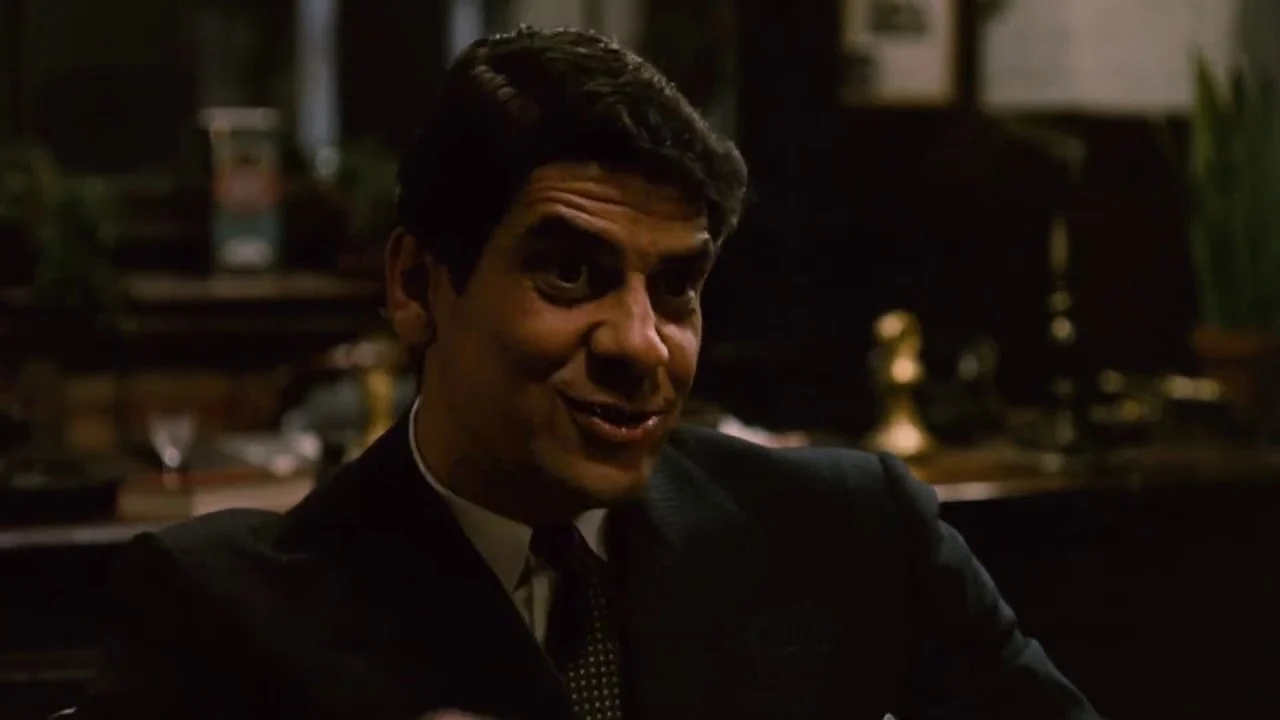 Paramount Pictures
Paramount PicturesVito turns potential conflicts into manageable agreements by exchanging precise favors for enforceable promises. The wedding-day audience establishes a ledger in which petitioners—such as undertaker Amerigo Bonasera and singer Johnny Fontane—receive targeted help in return for obligations that can be redeemed later with specific tasks or access.
When Virgil Sollozzo requests investment and police protection for a narcotics operation, Vito conducts a risk assessment that focuses on exposure to judicial and political contacts. He declines the proposal after weighing the impact on long-standing alliances, explains his reasoning in clear terms, and keeps channels open for future dealings that do not jeopardize his network.
A Strict Personal Code That Sets the Rules
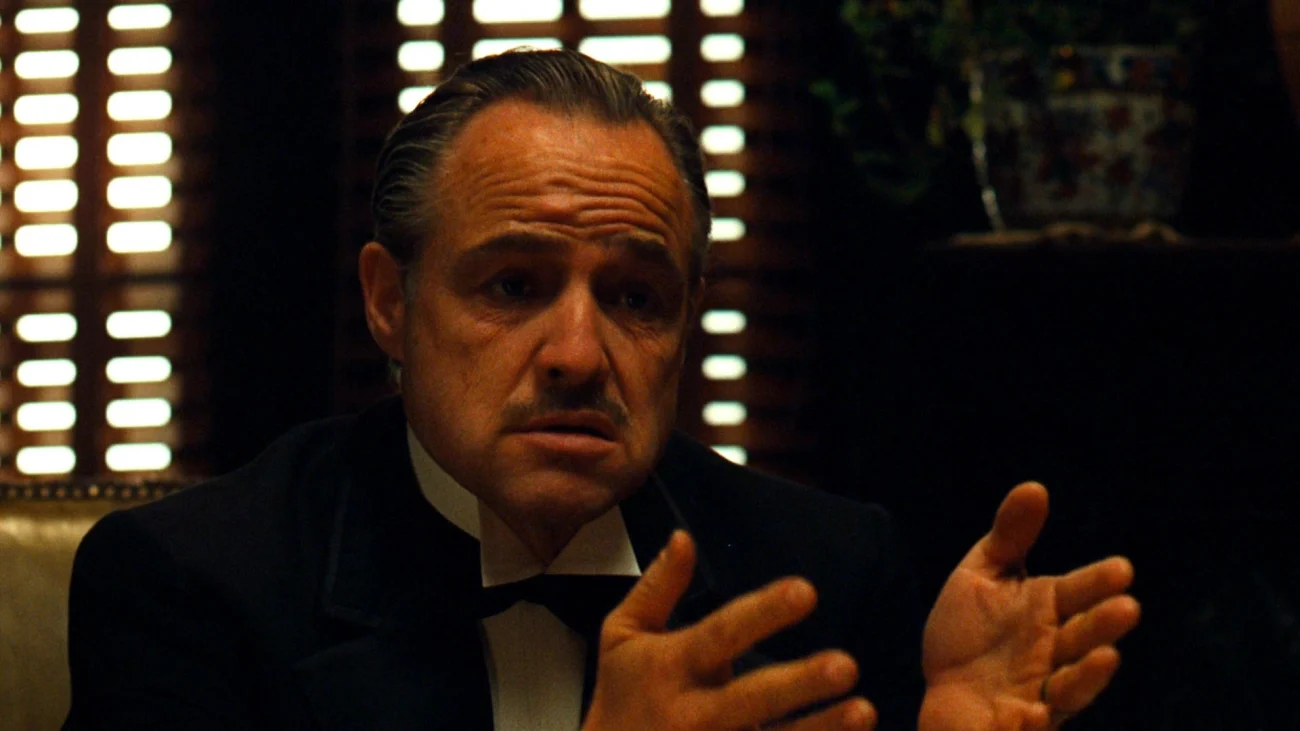 Paramount Pictures
Paramount PicturesVito’s code links favors to measurable repayment, restricts violence to justified circumstances, and keeps family matters insulated from public scrutiny. He documents who owes what and calls in debts only when a situation requires the exact leverage a petitioner can provide, which standardizes expectations and reduces opportunistic betrayal.
He enforces boundaries on lines of business that attract intense law-enforcement attention. By excluding narcotics from his portfolio despite short-term profit potential, he safeguards cooperative relationships with officials and minimizes the likelihood of sensational investigations that could destabilize the family.
From Sicilian Refugee to Community Protector
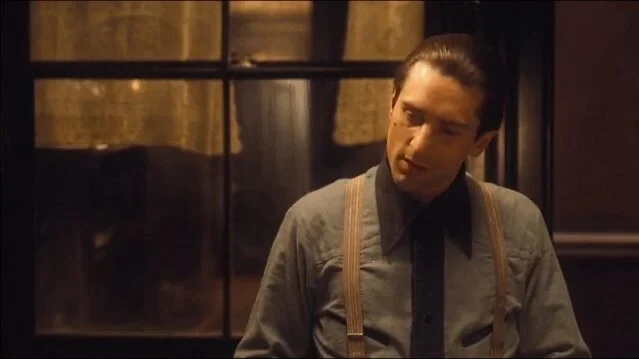 Paramount Pictures
Paramount PicturesAfter arriving in New York as a child, Vito accumulates trust by solving immediate neighborhood problems—finding work, arranging introductions, and protecting shopkeepers from predatory demands. Residents learn to bring disputes to him because resolutions follow in the form of jobs, paperwork, or discreet intercession.
His confrontation with local extortionist Don Fanucci marks a turning point. After observing Fanucci’s movements, Vito eliminates the threat during a crowded neighborhood festival and departs via the tenement rooftops, reducing the risk of street pursuit. The outcome lowers the cost of doing business for local merchants and consolidates Vito’s role as a reliable protector.
Surgical Use of Force—Only When It’s Unavoidable
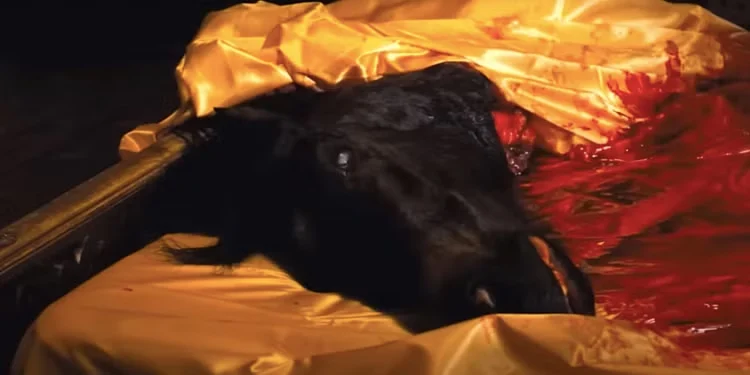 Paramount Pictures
Paramount PicturesWhen force is required, Vito limits it to specific targets and planned conditions. In the Fanucci operation, he selects a noisy festival to mask sound, removes a hallway light to control visibility, and discards the weapon along a prearranged route over the roofs, steps that confine the impact to the intended objective.
Following the assassination attempt against him, Vito shifts the family response from broad retaliation to cease-fire negotiations that halt escalating ambushes. He directs his side to prioritize safety of key personnel and to reserve action for situations with clear strategic value, which reduces exposure and civilian attention.
Building Power Through Favors and Patronage
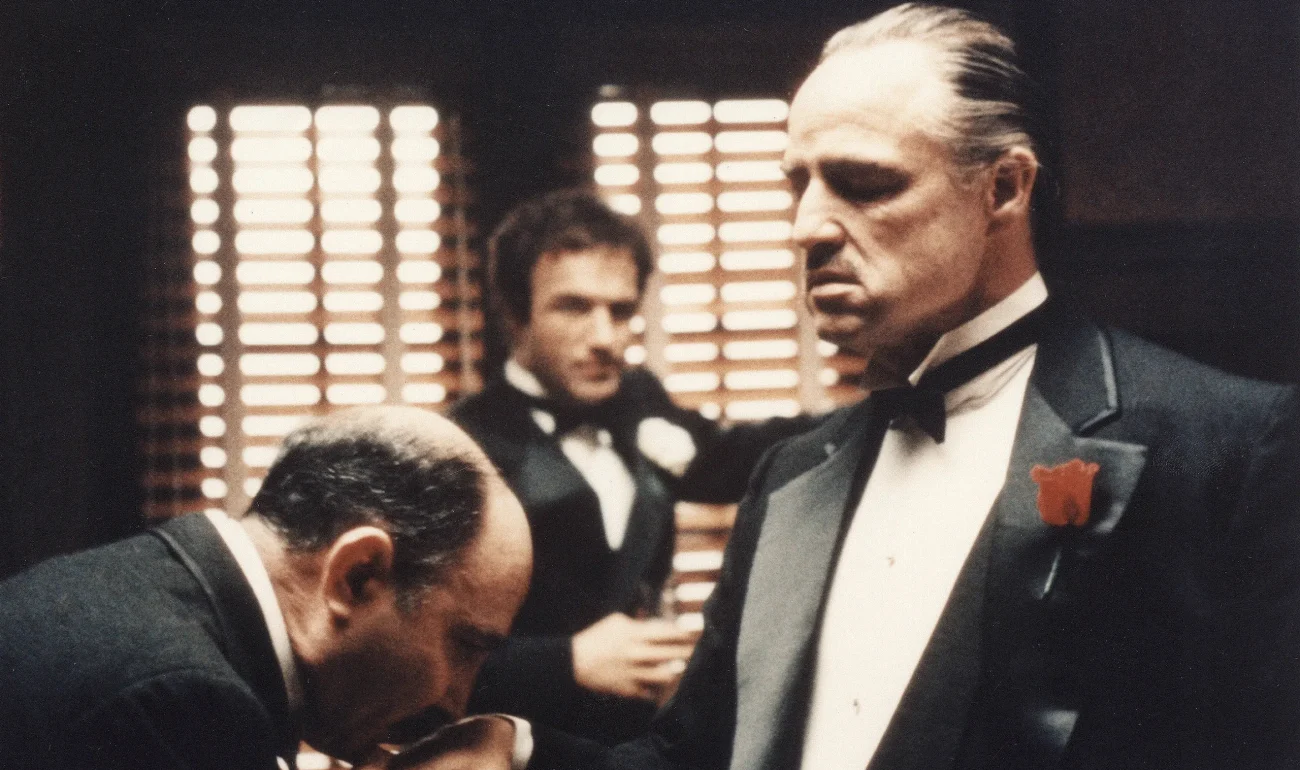 Paramount Pictures
Paramount PicturesThe favor system functions as operational infrastructure. Vito grants concrete assistance—immigration support for Enzo the baker, professional access for Johnny Fontane, legal help for Amerigo Bonasera—and records obligations that match each beneficiary’s capabilities, ensuring future requests can be executed efficiently.
Because these obligations span unions, hospitals, precincts, and licensing agencies, a single call can trigger appointments, transfers, or expedited paperwork. The result is a durable, low-cost influence network that can be mobilized quickly to solve time-sensitive problems without public displays.
A Real Front Business That Actually Works
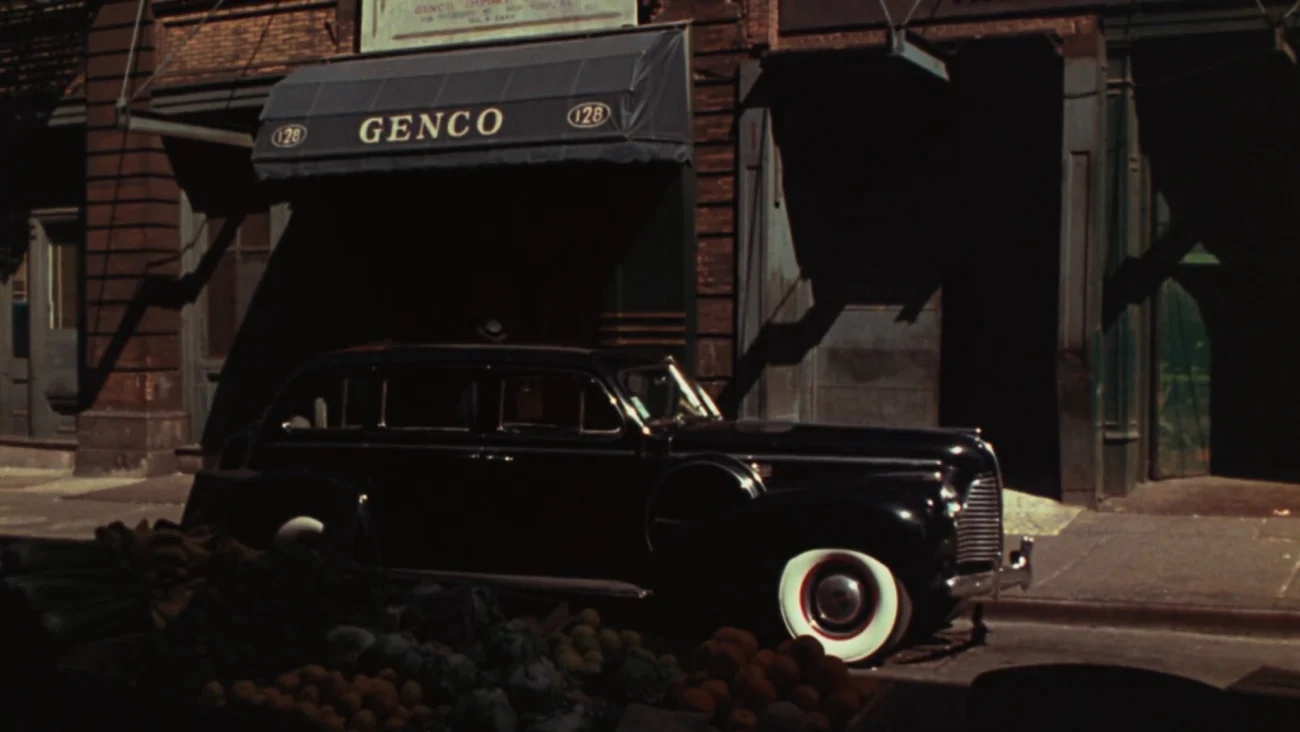 Paramount Pictures
Paramount PicturesVito founds the Genco Pura Olive Oil Company with Genco Abbandando, giving the family legitimate income, payroll slots for allies, and a lawful reason to maintain warehouses, trucks, and offices. The company buys and distributes olive oil to retailers, creating vendor relationships that double as information channels.
A functioning enterprise allows Vito to interact with unions and inspectors in ways that reinforce connections rather than invite suspicion. In audits or labor talks, the business provides compliant documentation and jobs, stabilizing revenue and supplying cover for discreet meetings that require a plausible setting.
Political and Judicial Influence Without Headlines
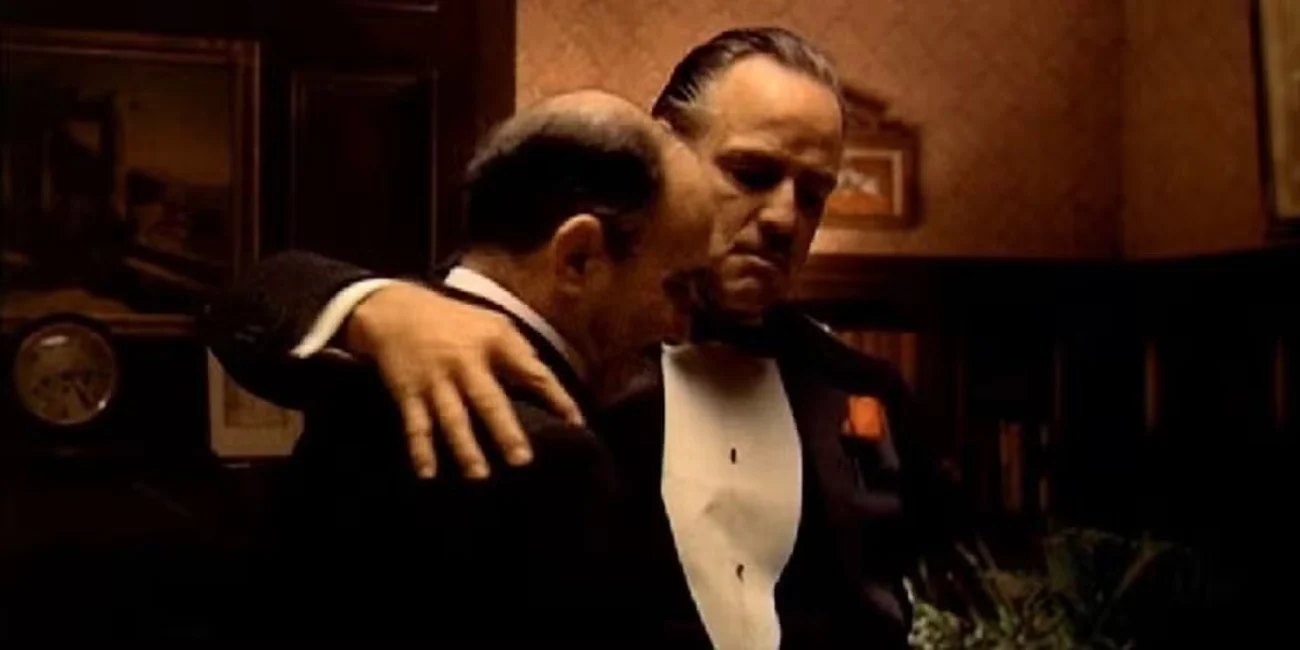 Paramount Pictures
Paramount PicturesVito cultivates officials through private assistance aimed at family members, community needs, and timely interventions. In return, he asks for narrow, verifiable actions—such as shifting a case to a different venue, expediting a permit, or arranging a meeting—each tied to prior help rather than open-ended demands.
These connections provide flexibility during crises. After violent incidents threaten wider crackdowns, Vito leverages trusted contacts to moderate raids and encourage orderly procedures, reducing operational interruptions while allowing institutions to maintain public authority and due process optics.
Mentoring Successors and Managing Succession
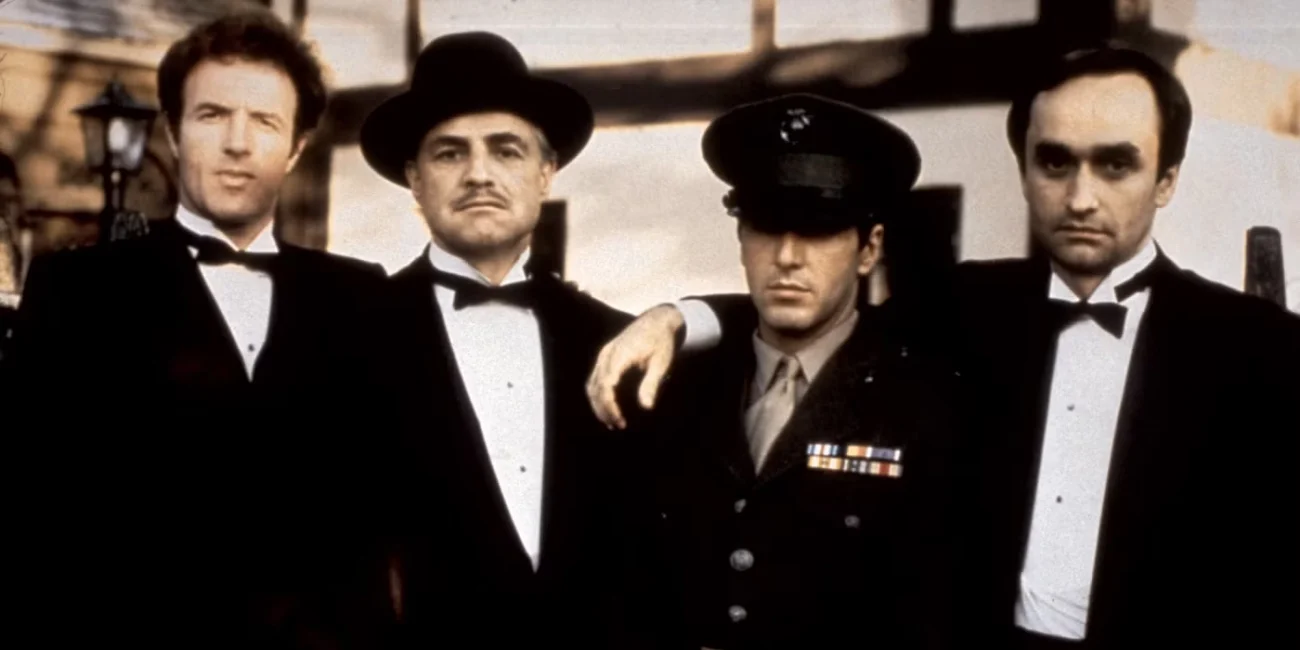 Paramount Pictures
Paramount PicturesVito organizes his leadership team with clearly defined roles: Tom Hagen as consigliere overseeing legal and political matters, Peter Clemenza and Salvatore Tessio handling crews and logistics, and Santino (Sonny) Corleone supervising enforcement. This division of labor limits overlap and speeds decisions when time-critical approvals are needed.
He transmits anticipatory guidance to Michael Corleone before stepping back from daily control. Vito identifies which rival will attempt to broker a meeting, explains the likely setup, and outlines protective countermeasures, turning succession into a planned handoff supported by intelligence about enemy patterns and intentions.
Community Acts That Earn Durable Loyalty
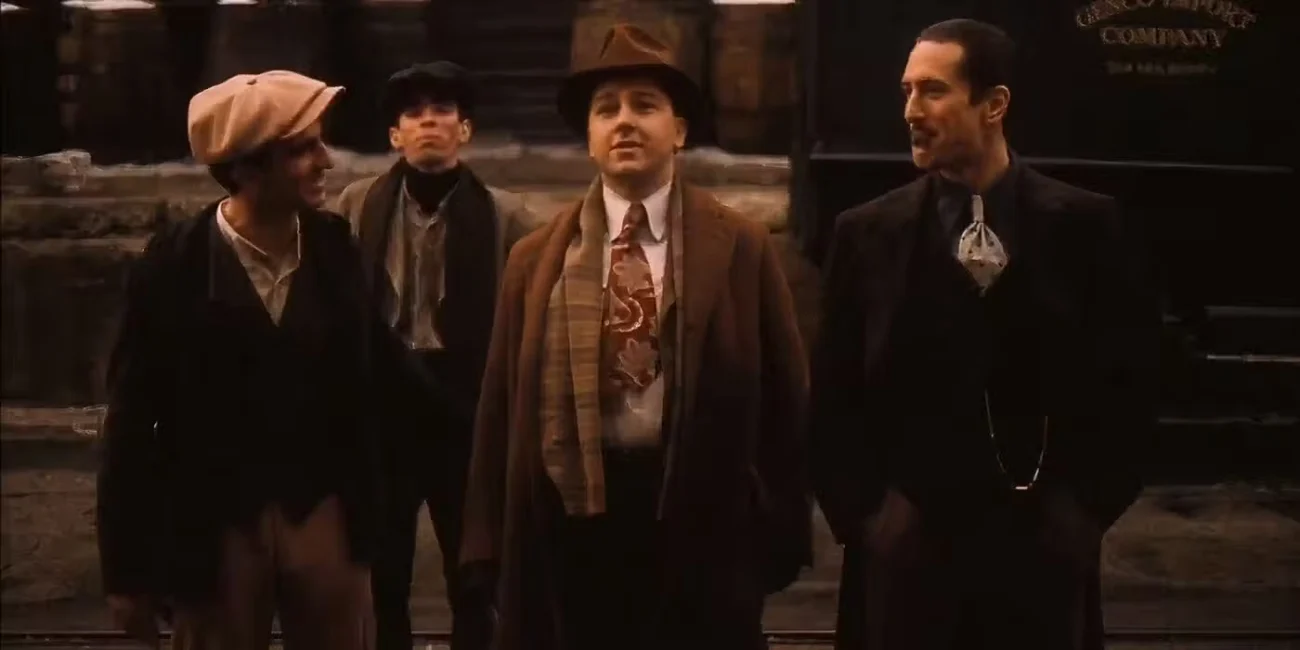 Paramount Pictures
Paramount PicturesVito’s interventions solve specific civilian problems that generate long-term loyalty. He assists Enzo with immigration status connected to marriage plans, advises on professional barriers facing Johnny Fontane, and responds to Amerigo Bonasera’s request for justice with a solution that he later redeems as a formally owed debt.
He tracks outcomes and follows up, converting one-time assistance into multi-year alliances. When a discreet favor is needed—such as hospital access, a relocation, or a labor adjustment—these beneficiaries provide precise help quickly, ensuring sensitive operations proceed without delays.
An Iconic Line With Real Operational Meaning
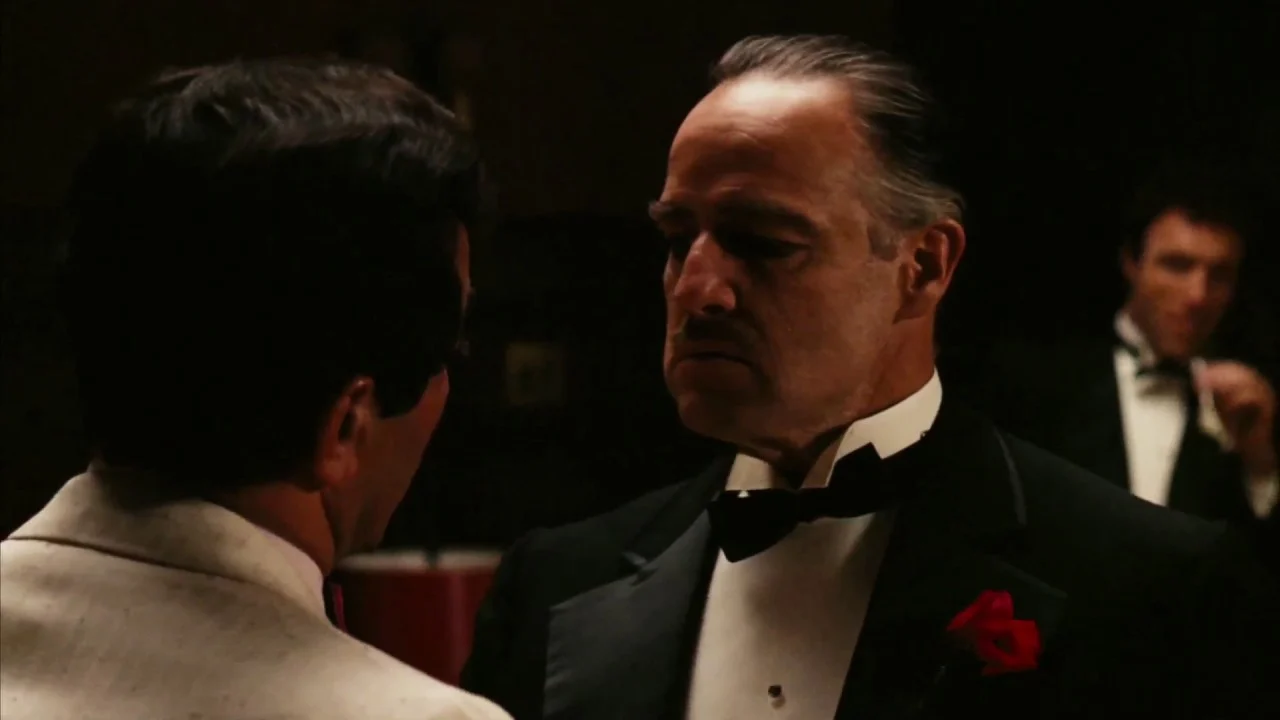 Paramount Pictures
Paramount Pictures“Make him an offer he can’t refuse” describes a process that pairs incentives with credible consequences. Vito begins with negotiation—access, contracts, or protection that align a target’s interests with his own—then escalates only if necessary to ensure compliance without extended disputes.
The Johnny Fontane case illustrates the pattern: requests for a film role start with appeals and escalate to a coercive demonstration aimed at studio head Jack Woltz when voluntary cooperation fails. The sequence delivers the desired outcome while limiting public exposure and discouraging future obstruction.
Share your favorite Vito moment or insight in the comments so we can keep the conversation going.

.jpeg)
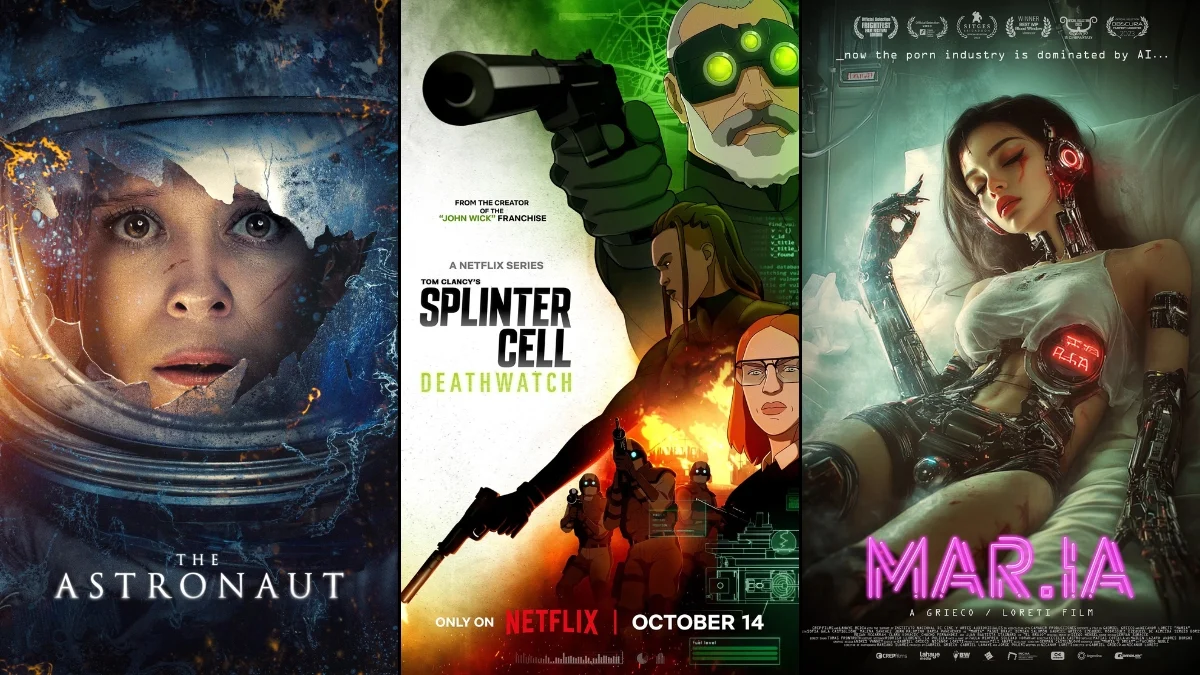



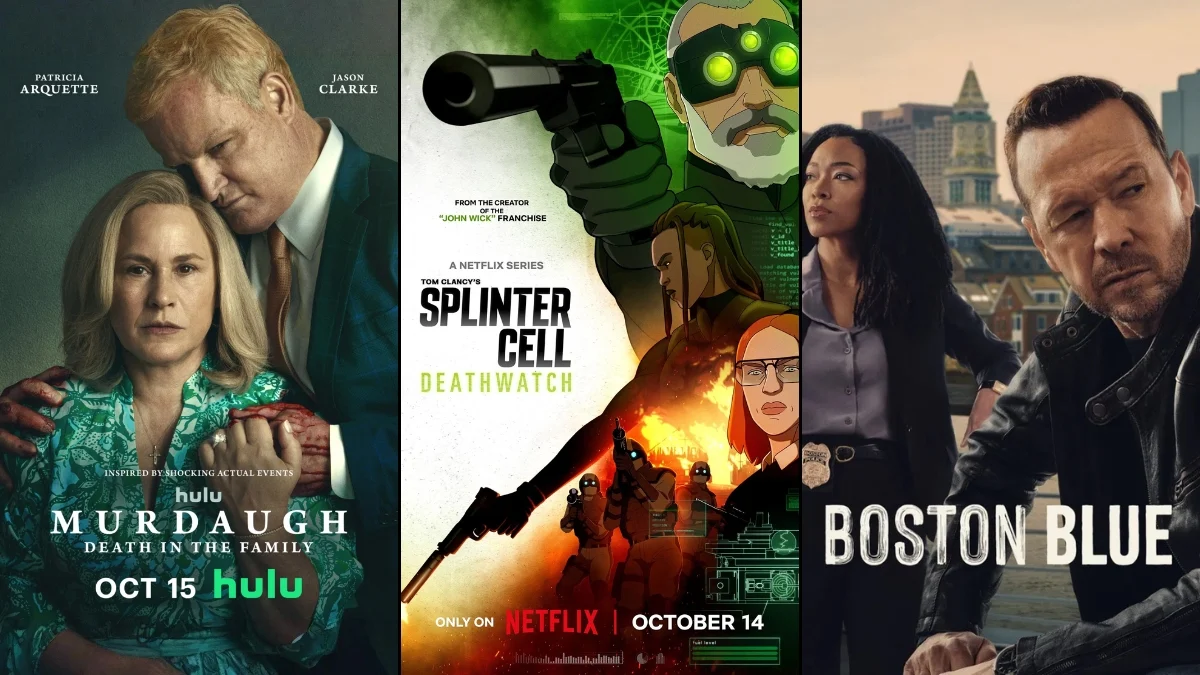

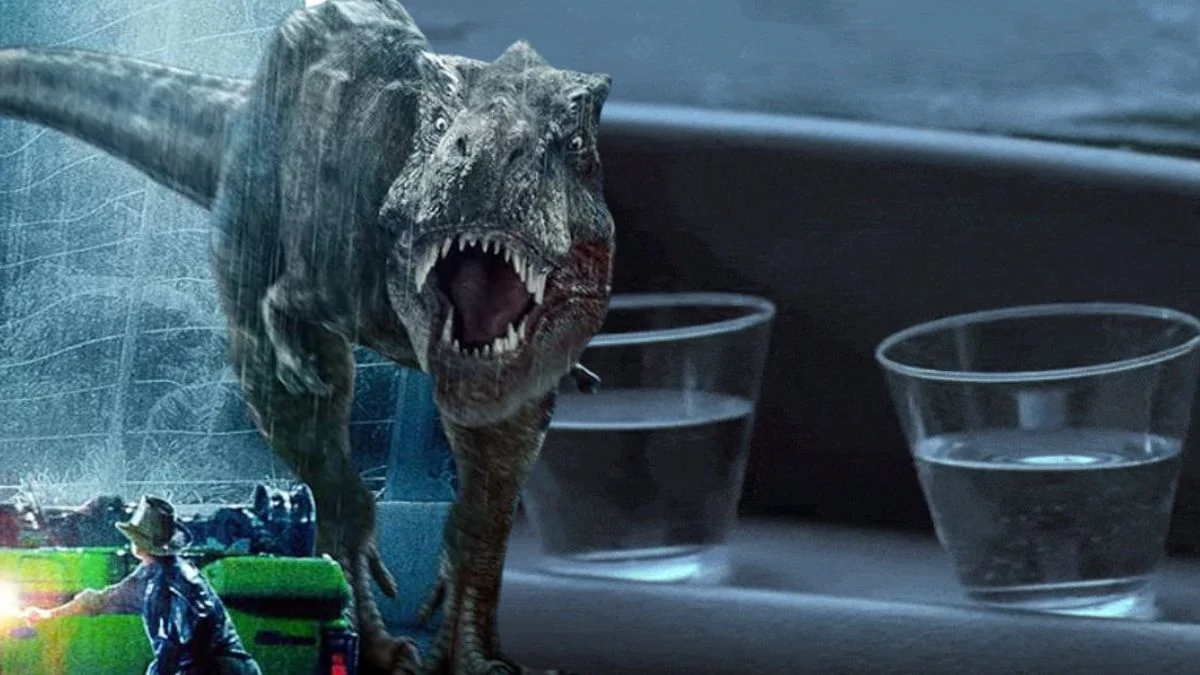

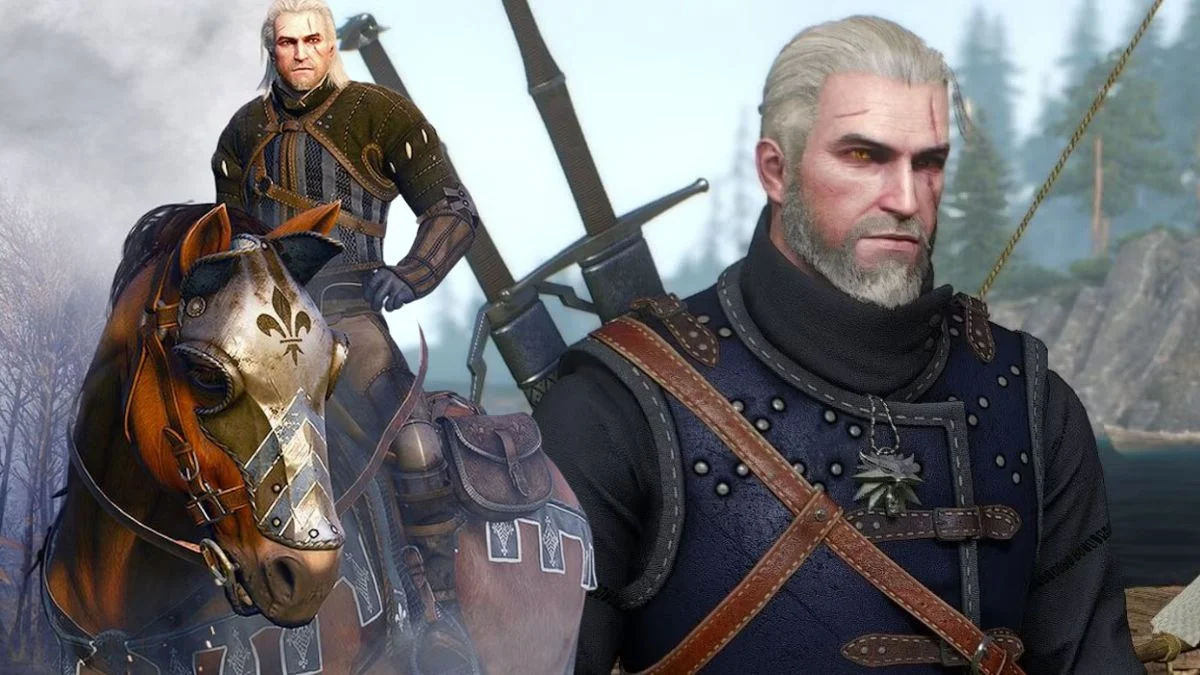
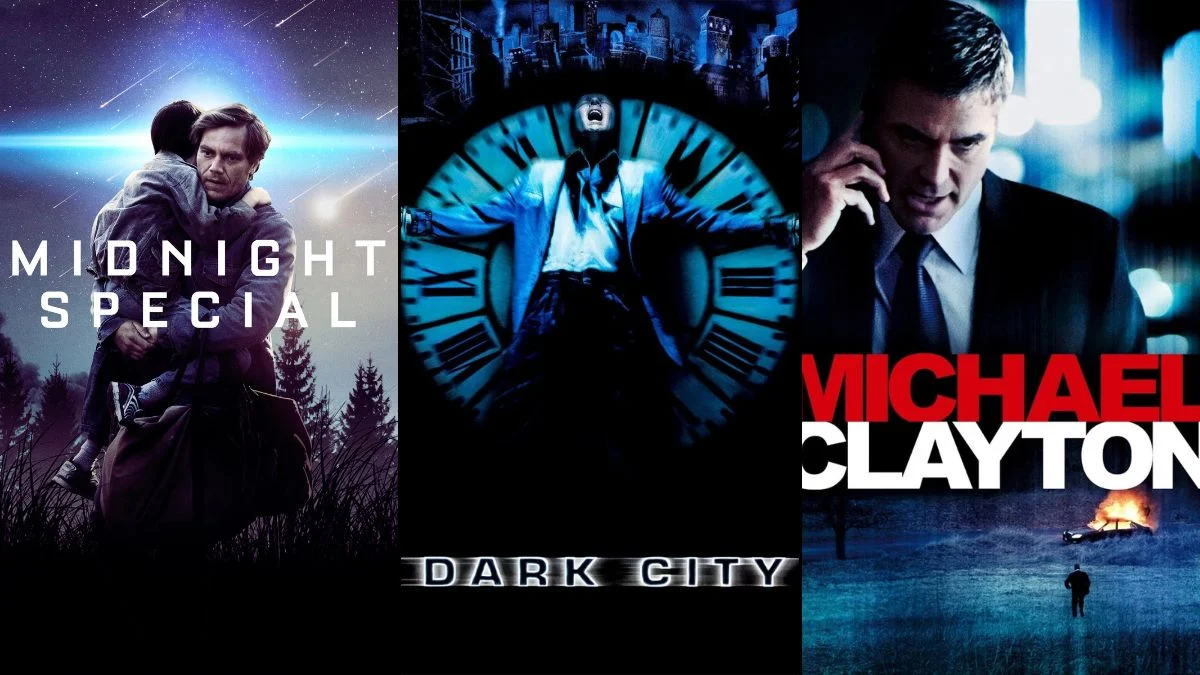
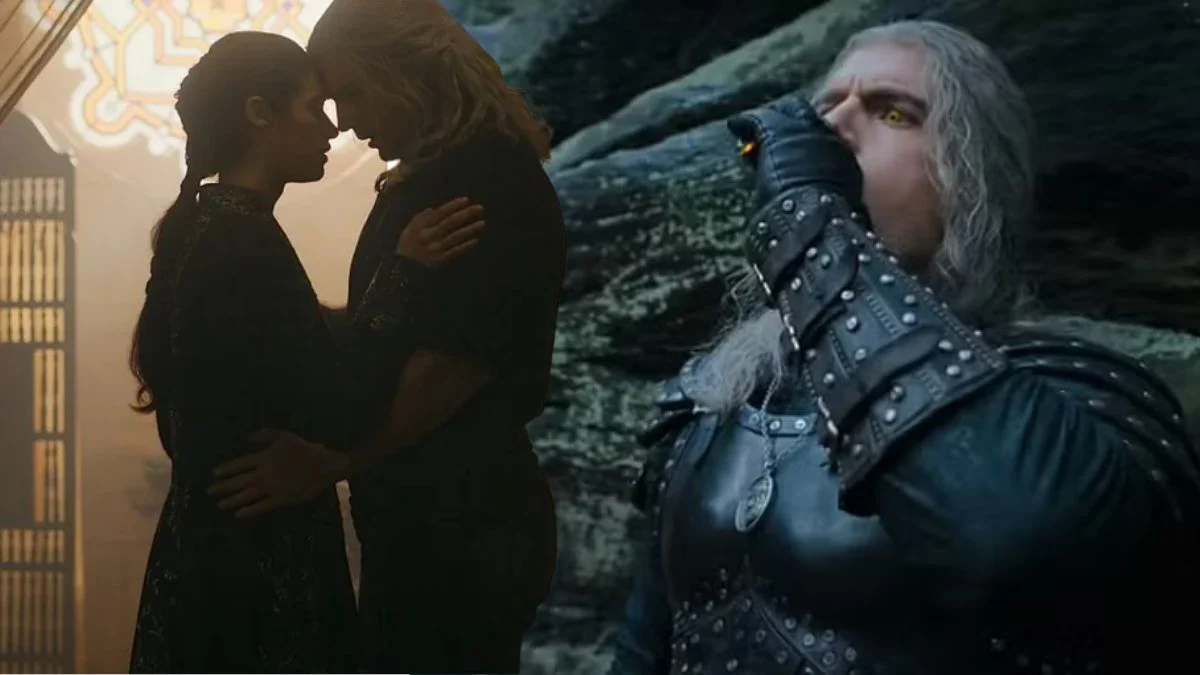

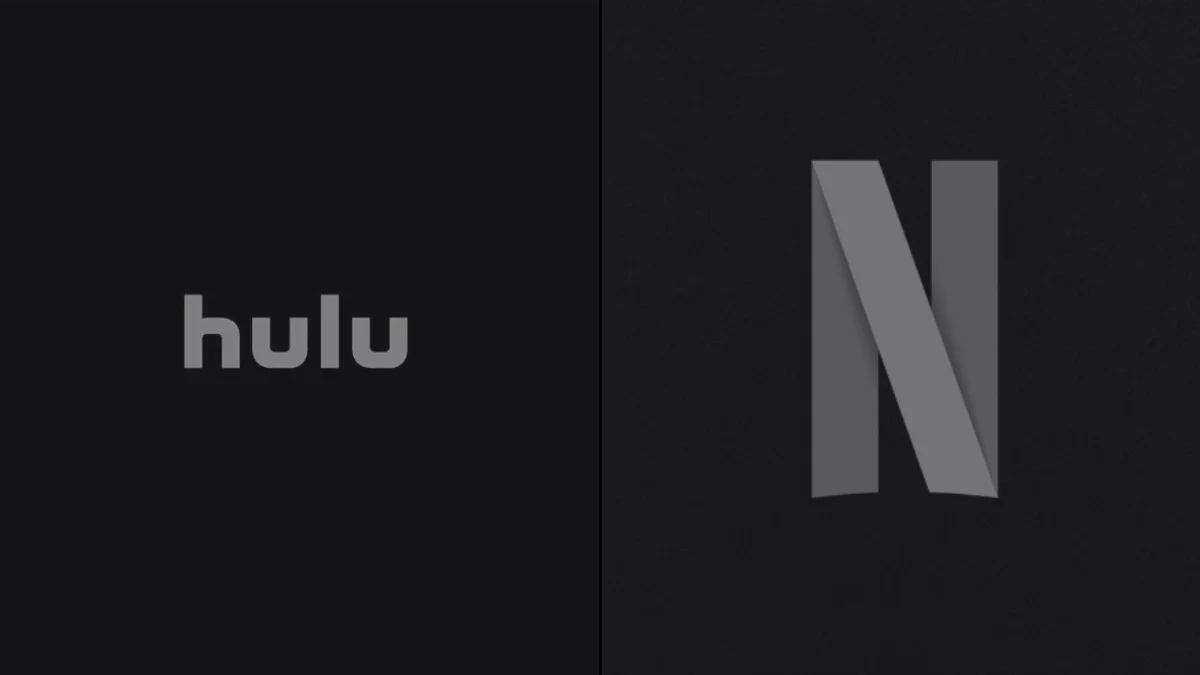






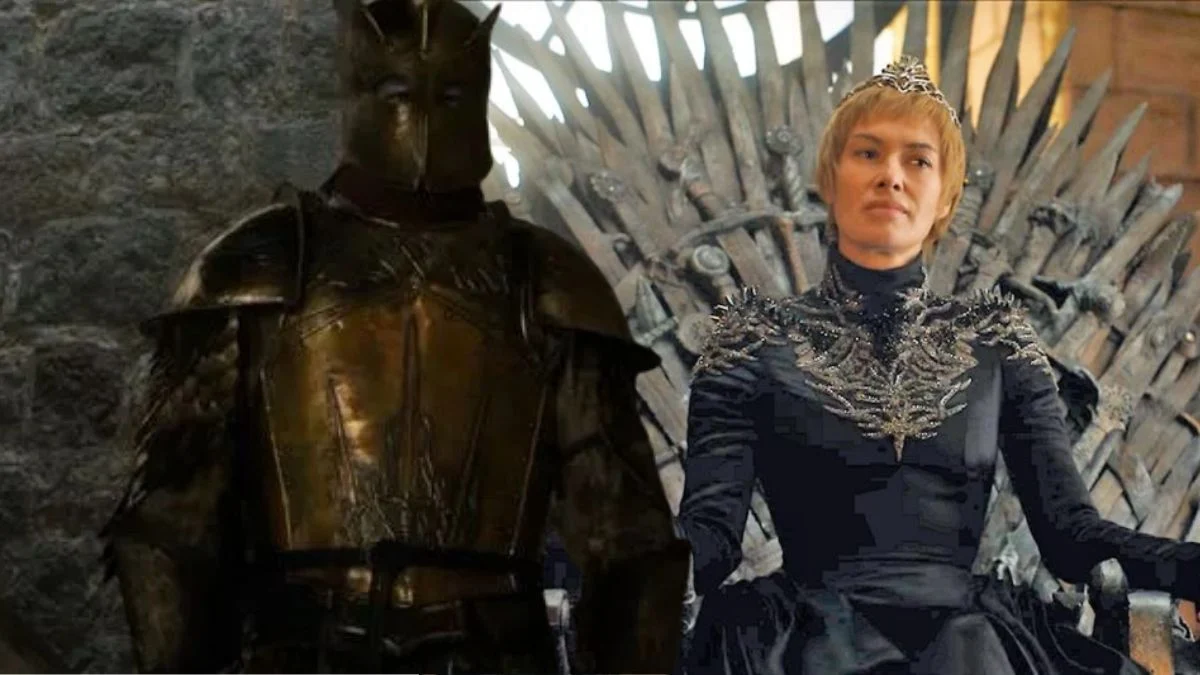




.jpeg)












 English (US) ·
English (US) ·